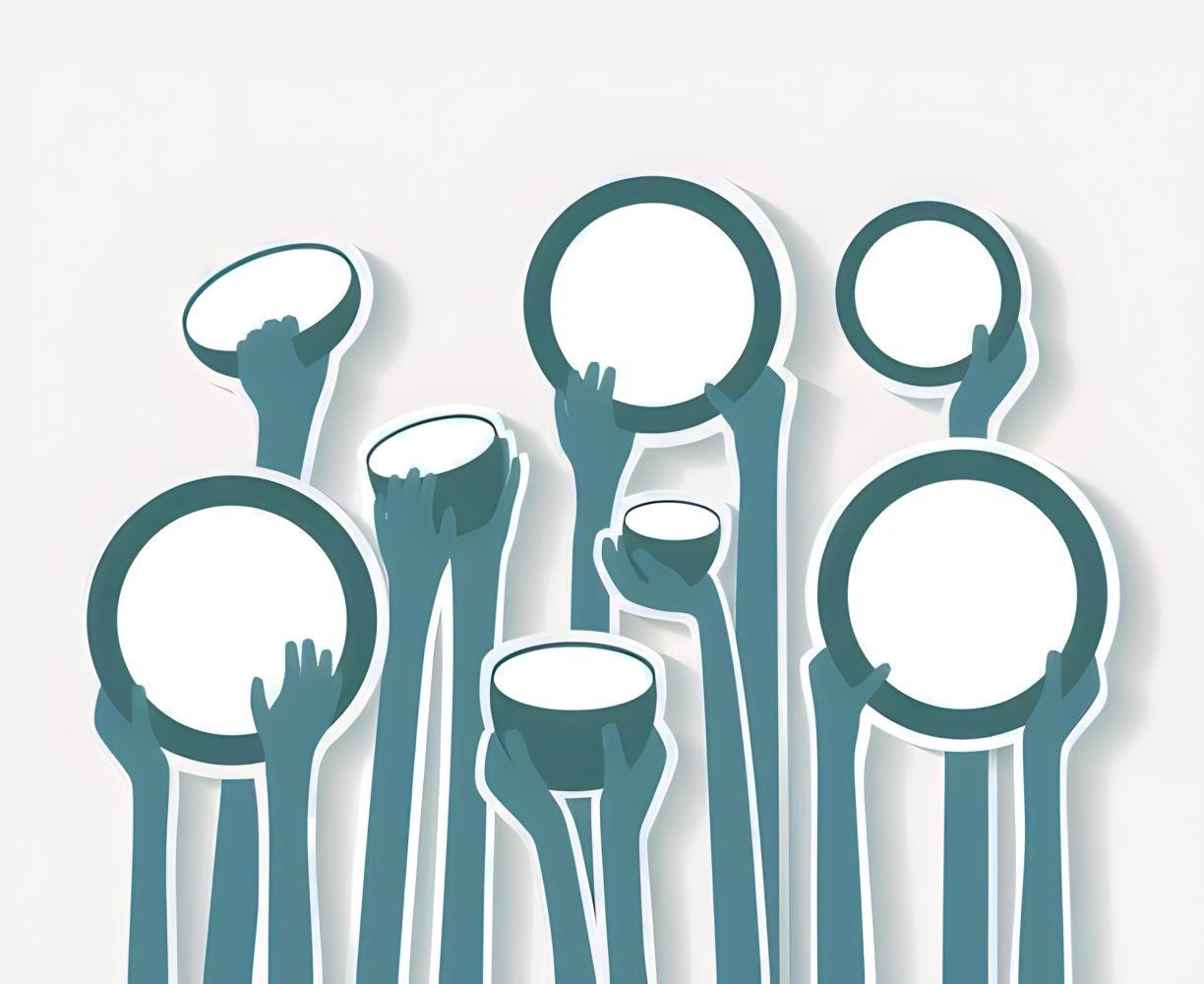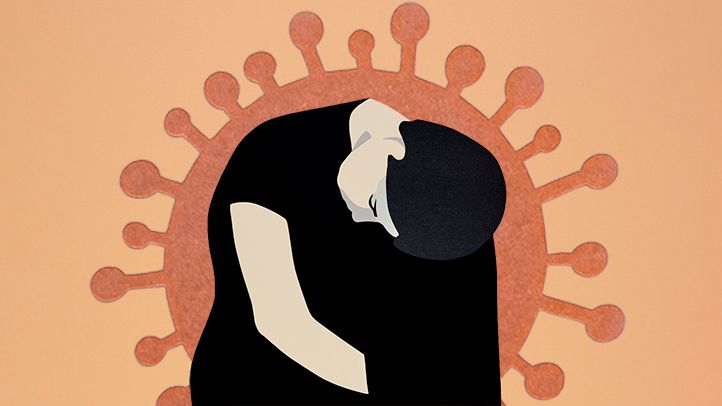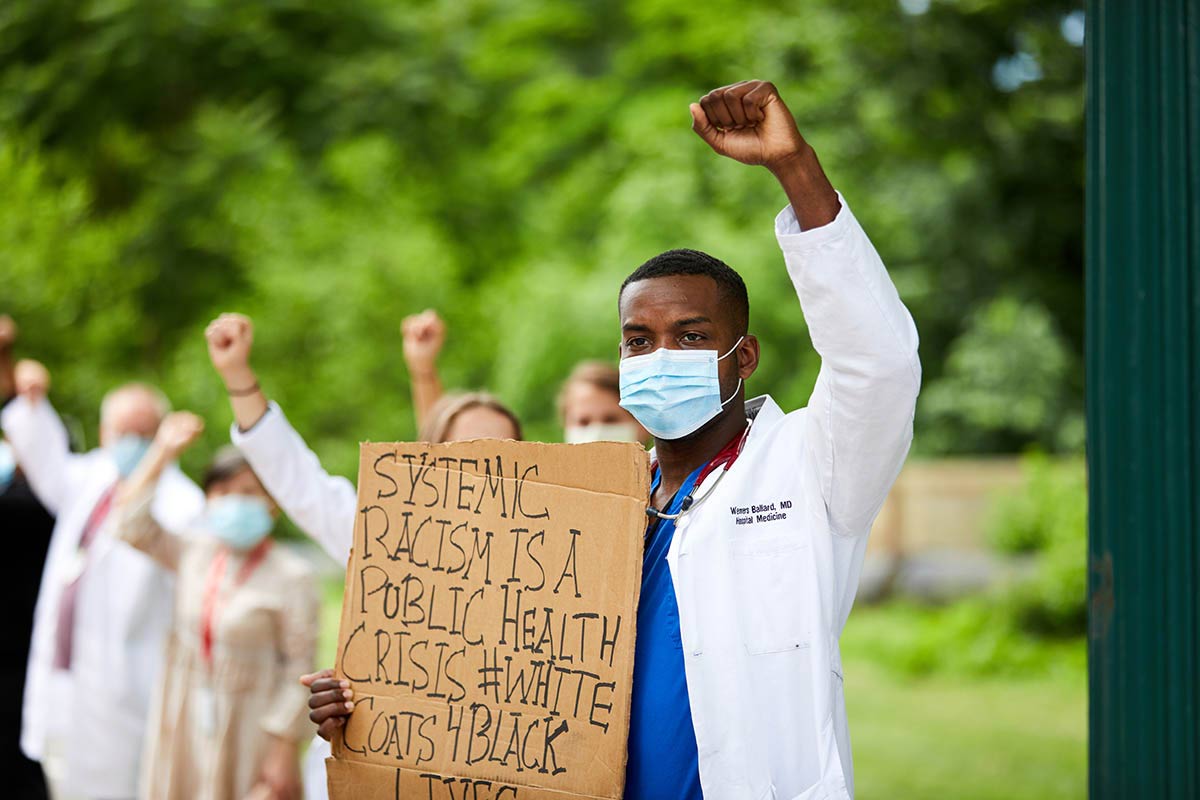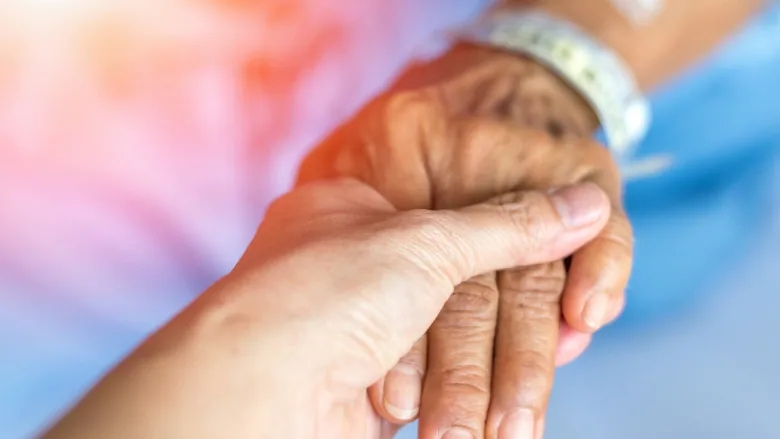The World Health Organization (WHO) defines malnourishment as a deficiency, or excess in nutrient intake. Malnourishment can manifest in different forms, including undernutrition, overnutrition, and micronutrient deficiencies (World Health Organization, “Malnutrition”). Undernutrition refers to nutrient deficiency and remains a significant concern among children in the Philippines. Children from poor families often struggle to access foodContinue reading “Addressing the Silent Crisis: Battling Childhood Malnutrition in the Philippines”
Category Archives: Healthcare
Combatting The Psychological Impact of COVID-19
As one of the most devastating global health crises in decades, the COVID-19 pandemic completely ravaged economic systems, societal structures, and thousands of livelihoods.[1] While the world appeared to be falling apart, many began to struggle with their mental health, as the isolation, instability, and chaos were starting to take their toll. Tragically, the pandemic exacerbated the challenges that individuals faced with their mental health by increasing the prevalence of anxiety, depression, and suicidal thoughts and behaviours. Although the degree of these struggles varies from person to person, a few similarities have emerged.
Racism in Healthcare
All Canadians have the right to access healthcare. Discriminatory treatments, however, make it difficult for minority groups such as Black, Indigenous, and people of colour to exercise this right.
How Canada’s MAiD Laws Leaves Vulnerable Individuals Open to Abuse
On June 17, 2016, a hallmark decision regarding Canadian health policy was made. Bill C-14 was passed, legalizing medically assisted suicide and voluntary euthanasia in Canada in the form of MAiD (Medical Assistance in Dying). For many Canadians who lived with terminal illnesses, as well as loved ones who had been a witness to their pain, this was a moment to rejoice and celebrate. While this was a definite step forward for Canada, recent implications regarding the use of this policy have been deemed problematic by critics, as an increasing number of people are turning to assisted suicide as a method of liberation from poverty or other social injustices. Stronger social safety nets and more well-developed policies regarding the uses of MAiD are needed to curb this disturbing trend. As Canadians, we need to ensure that not only do we have the right to die with dignity, but to live in dignity as well.
Everyone Deserves Exercise: The Steadward Centre for Personal & Physical Achievement
Exercise is essential to maintain physical and mental health: without exercise the sharpness of our minds, our happiness, and our bodily processes deteriorate. Exercise is not just weightlifting, running, or playing competitive sports— there are many ways to stay active if you are able-bodied! Walking with friends, going skating, or joining a beginner intramural team are all ways that you can take care of your health. However, for people who cannot get their heart beating a little faster without expensive equipment or additional support, finding a good way to stay active might be challenging. The Steadward Centre for Personal and Physical Achievement at the University of Alberta has the vision of facilitating adapted physical activity and para sport opportunities for everyone. The Centre directs their attention primarily to innovative programming and fitness opportunities for people experiencing disabilities while simultaneously functioning as a research and education facility.
Eliminating the Health Disparities Faced by the LGBTQ+ Community
Until 1973, homosexuality was listed as a disorder in the Diagnostic and Statistical Manual of Mental Disorders. Although the evolution of our society has led to some understanding of the importance of protecting people from discrimination in healthcare settings, some clinicians still harbour harmful anti-LGBT attitudes. Healthcare professionals take an oath to “do no harm” when treating patients. If medics do not uphold this rule, how are they ensuring that absolutely no harm is being done? Creating an affirming and inclusive environment for the LGBTQ+ community requires a combination of understanding members as their own population whilst treating every LGBTQ+ person as a unique individual. This article highlights some strategies that current (and prospective) healthcare professionals can use to ensure that.
POST-COVID IMMIGRATION TO CANADA
One area that Canadian leaders are seeing a change in as we slowly enter into our next chapter of post-COVID is the rise of Canadians’ disagreement with the number of immigrants being allowed into the country. As Canada moves forward, how can we really move forward holistically? Not just from point A to B but where do we want to end up? Extreme circumstances can cause us to be short-sided when it comes to our next steps, but as a nation, who do we want to be? If Canada was a person, who would they be?
THE COVID-19 PANDEMIC EXPOSES THE NECESSITY OF FAST INTERNET SERVICE FOR RURAL STUDENTS
How Does Poor Internet Service Affect Rural Students? With the rise of the COVID-19 pandemic, universities and schools across the country were forced to shut down, sending millions of Canadian students back home. While these have been difficult times for all students as they deal with the unique challenges and unpredictable nature of online schooling,Continue reading “THE COVID-19 PANDEMIC EXPOSES THE NECESSITY OF FAST INTERNET SERVICE FOR RURAL STUDENTS”
COVID-19 IMMUNIZATION FOR THE HOMELESS: AN ABSOLUTE MUST FOR THE CANADIAN HEALTHCARE
These days, every news channel you encounter is covering some aspect of the COVID-19 vaccine. One interesting but controversial topic is who should be given priority. On February 2, Canadian Alliance to End Homelessness and Canadian Network for the Health and Housing released a joint statement, advocating to prioritize COVID-19 immunization for people experiencing homelessness1. Should the homeless be given priority to the COVID-19 vaccine? For a plethora of reasons, the answer to this question should be an enthusiastic “yes”. The following will inform and inspire you to agree!
PART 2: HOW COVID-19 HAS WORSENED DISPARITIES AMONG HOMELESS WOMEN
Through researching domestic violence and homelessness, I sought out a second shelter for insight on how these conditions affect cultural and religious minorities. In this blog, I had the privilege of engaging with Nisa Homes, where I spoke with a caseworker named Majeda. Majeda started by explaining how her role at the home was to work one on one with the incoming women, primarily regarding client referrals, and administration. Being a caseworker, Majeda is the one to receive the initial calls from women in need, and in a way, she is the bridge to the safe haven that is Nisa Homes for women.








